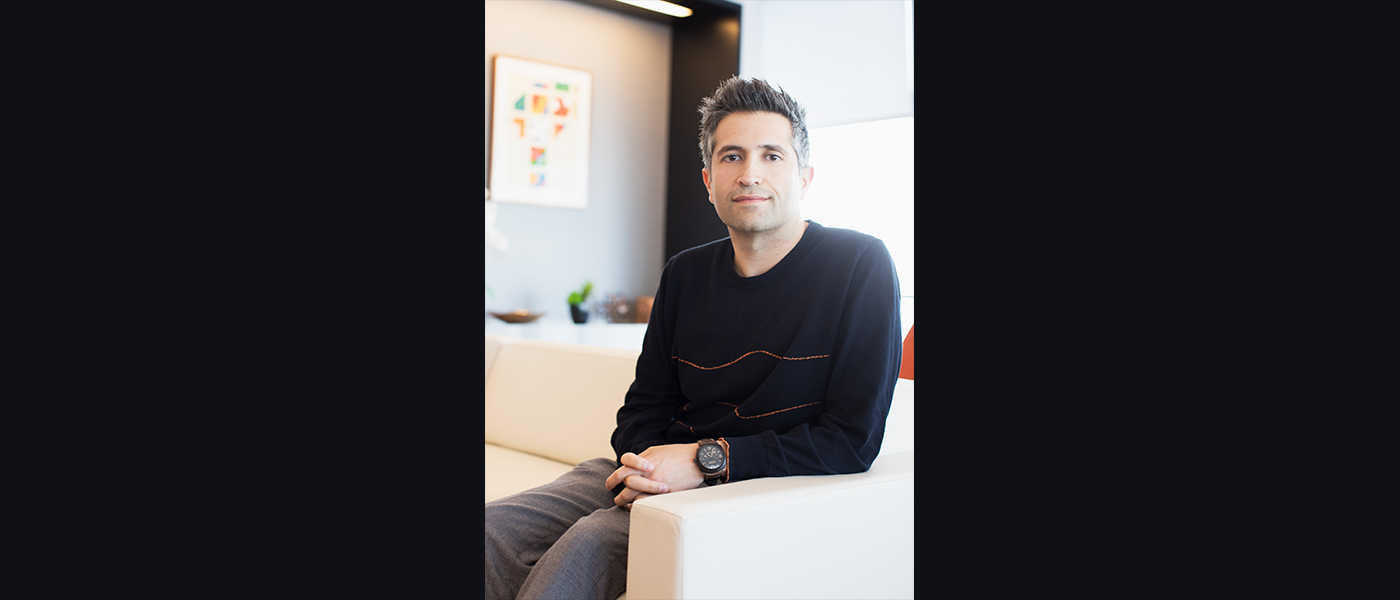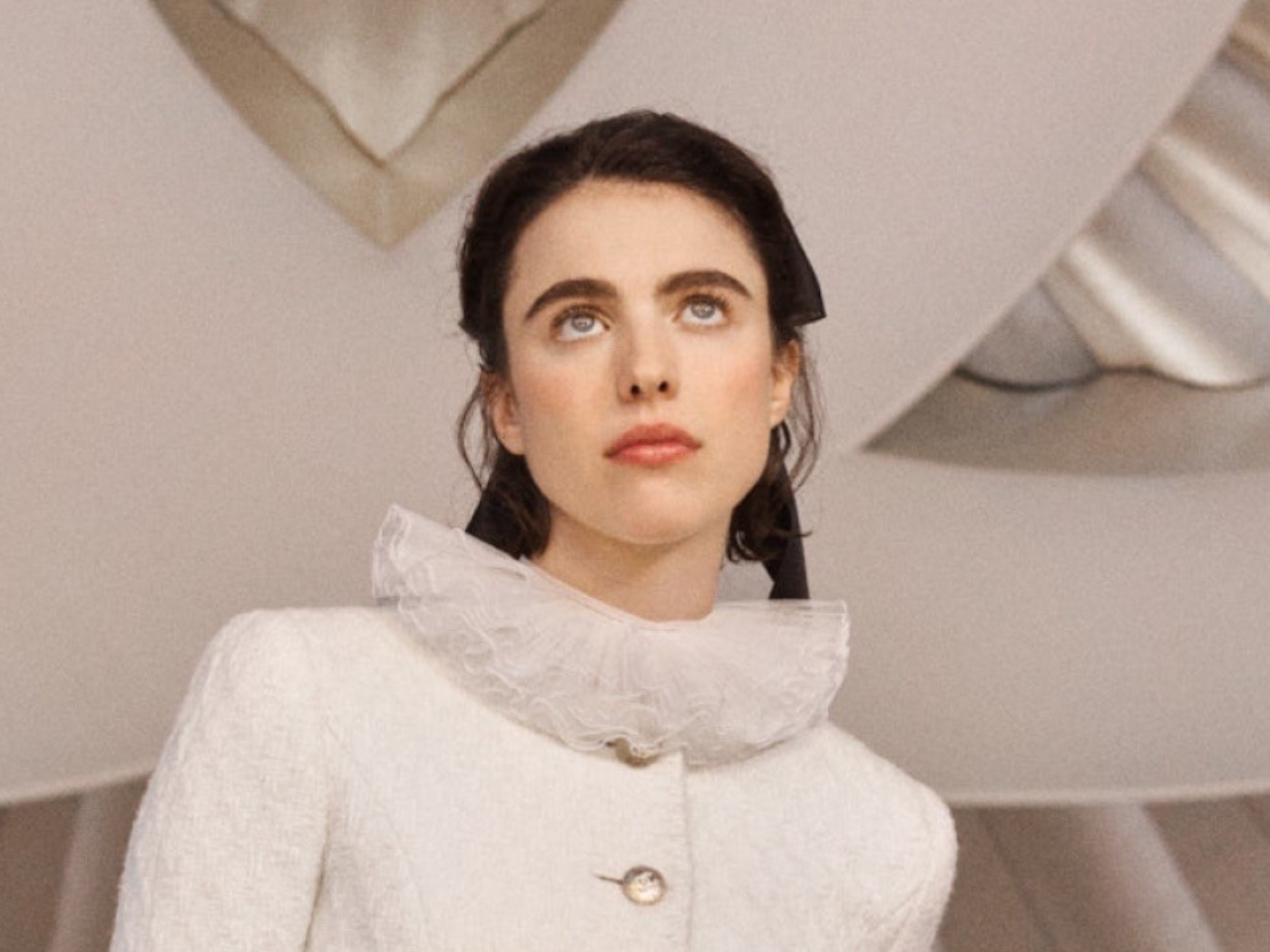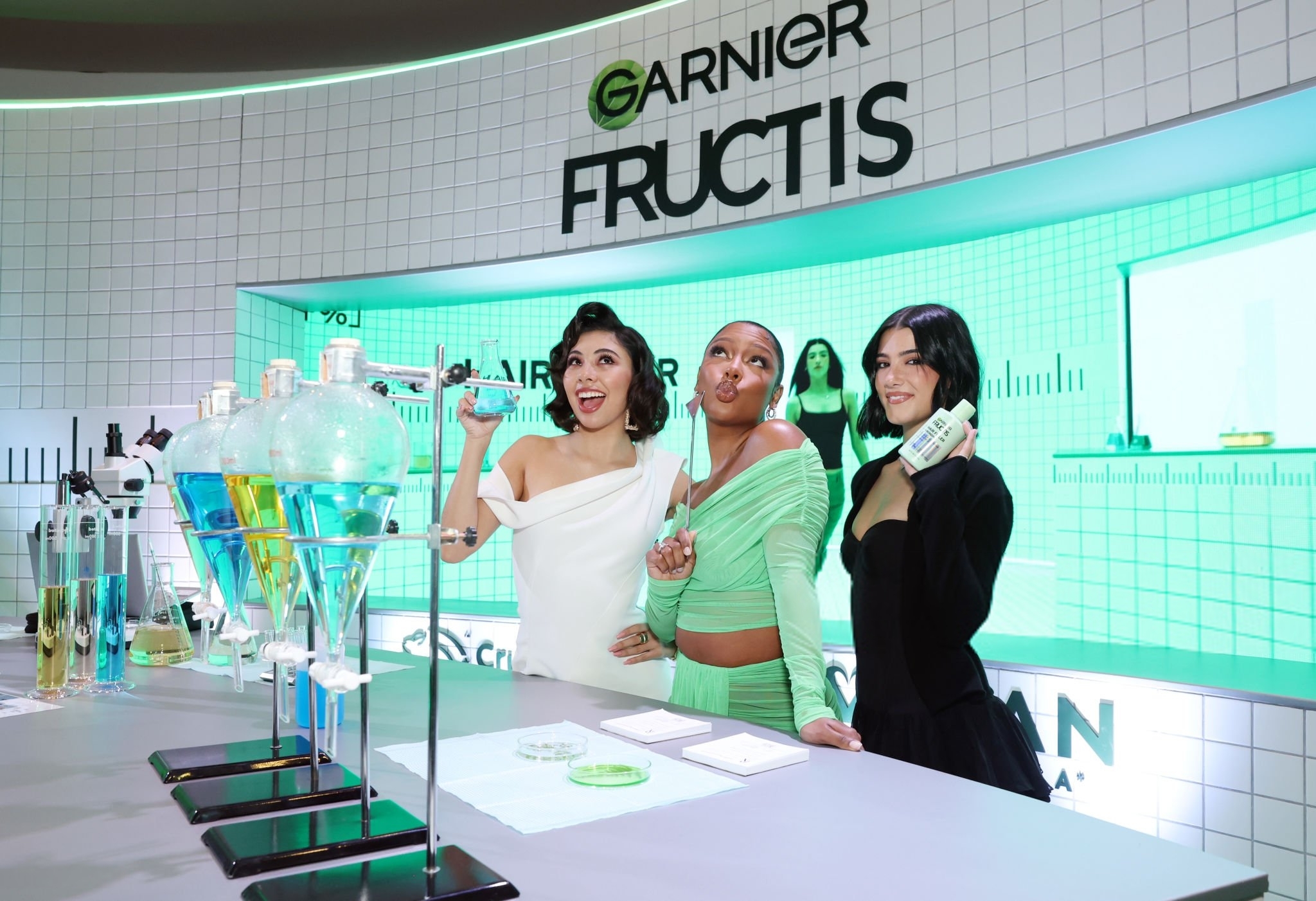Guive Balooch joined L’Oréal 13 years ago from a pharma company with the goal of working on fast-paced innovations and the freedom to try new things. His role as Global Vice President of L’Oréal’s Technology Incubator has seen the launch of several key innovations, including Perso, an at-home device that personalizes smart data to help consumers customize lip shades and skin care formulas. Guive recently spent five minutes with CEW Beauty News talking about the intersection of technology and beauty at L’Oréal. Here’s what’s on his mind.
BN: What led you to join L’Oréal?
GB: I joined L’Oréal 13 years ago. My background is actually very different from where I am today. I have a PhD in Biomedical Engineering, so I’m an academic. I grew up in California and I did my undergraduate at UC Berkeley and my PhD at University of California, San Francisco. And then I did a postdoc at Stanford University. So, I basically spent my entire educational life in the Bay Area and I was on a path of a pharmaceutical career working at a pharma company before I joined L’Oréal. But I realized I wanted to work on more fast-paced innovations, and I wanted more freedom to be able to try new things. That’s when I fell upon the job at L’Oréal and kind of started my adventure.
BN: And how did your role as Global Vice President of L’Oréal’s Technology Incubator evolve?
GB: For the first half of my career, I was a scientist in a lab. Then my job changed to head up doing ‘open innovation’, working with universities and startups. In 2012, L’Oréal saw how the world was changing and saw a need for a tech team, and I was asked to create it. There are many innovation teams at L’Oréal but the one I would oversee would be specific to intersecting technology and beauty, and creating services between the digital and physical worlds, and moving towards new areas of beauty.
BN: What are some of the challenges of your job?
GB: I think over the past seven years we have had challenges to make projects happen and to choose the right projects. When you create something new, you have to listen to consumers and you have business partners to help and engage with you. A tech team is a perfect fit for L’Oréal because it’s not a very process-driven company. It really has been built for people to shine and to be entrepreneurial. I wouldn’t change anything about the culture of the company because it actually fits very well to have a team like mine within it. What I would do is I would continue to grow the fantastic brands that we have to move more towards beauty tech projects. I think the best part of my job is my team because they are a really unique multidisciplinary team comprised of PhDs, designers and engineers. We are about 35 people in San Francisco, New York, New Jersey, Paris and Japan. And we’re starting a team in China, so we’re growing.
BN: What is your biggest opportunity?
GB: Changing people’s lives on a large scale through personal ideation. I think technology has to solve needs that have been around forever and not try to create new needs. The idea of reaching everyone is the biggest opportunity we have today. To create a world where everyone can be heard and co-create their products through technology.
BN: Outside of beauty, what companies do you admire and why?
GB: A lot of what we’ve done has come from other industries. I’m really excited about companies doing health, and new areas in health. For example, there’s a company we’ve worked with called MC10, which is building flexible electronic tattoos that can measure different aspects of health. And I think that’s a huge part of the future. The work being done today around trying to make day-to-day objects that allow people to measure their health on a much more precise and personalized level. We are really inspired by that. I’m very inspired by industrial design, too. I’ve worked with some amazing people like Yves Behar who has created many things outside of beauty, like the TV frame device, which is a TV that looks like a piece of art, and a robotic crib that helps babies sleep, called Snoo. I like designers who think outside the box and try to make technology livable and warm. Also I like youth academics and health tech startups that are working on the future of how we will make people live healthier lives and live longer.
BN: What is one of the greatest lessons you’ve learned at L’Oréal?
GB: People over processes is the number one thing I’ve learned. We have a company with incredible people and sometimes I have made the mistake of thinking too much about how something should fit in a box. What I’ve learned is that the most important thing is meeting people who have the same vision as you and who want to take the company forward and bring it to the future. Those are the people who nurture what we try to create because what we’re doing is not so easy and is not so profitable at the beginning. It all comes down to people.
BN: What keeps you up at night?
GB: This is not a very beautiful answer but I’m consumed by details and I spend a lot of my time thinking about making sure that our launches are going well and that they’re fixing problems because we do a lot of test and learn in our team. The issue is not will it work, it’s how do we get it to be better and better and better. My day-to-day worries are always minute. I’m not as worried about strategic vision because we’ve spent many years building that. That’s not what keeps me up at night. What does are the challenges we face on a day-to-day to ensure that what we do is meeting all of the standards and levels of what we really should be as the number one beauty company in the world.
BN: If you could write the fortune inside a fortune cookie what would it say?
GB: Surround yourself with people who believe in the same things as you and in the end you will succeed.




